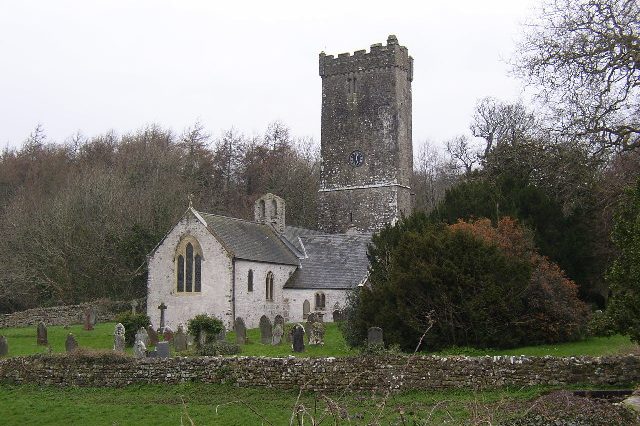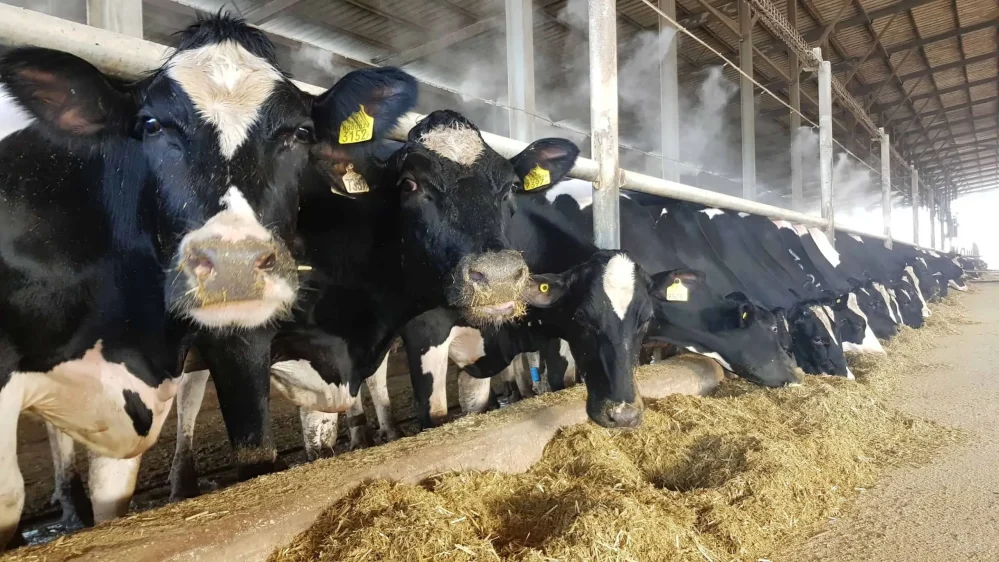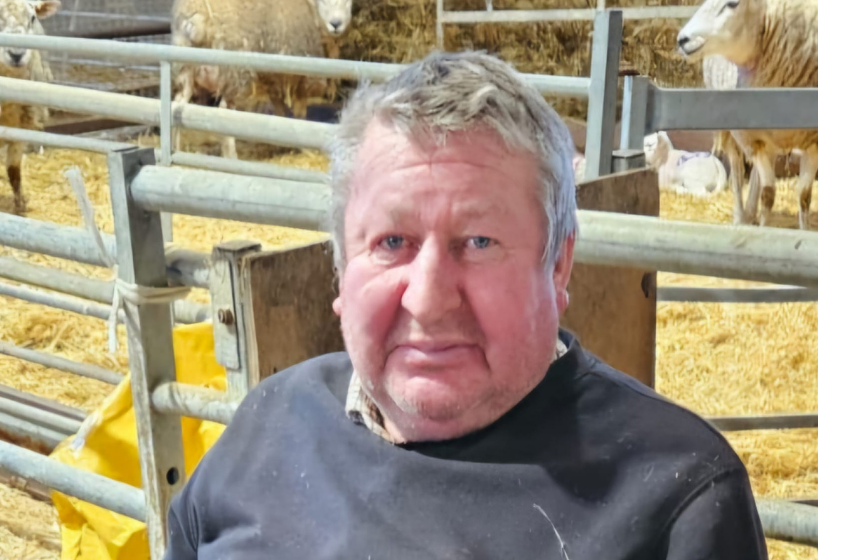Farming
Rural crime crisis needs rapid action

THE NATIONAL Rural Crime Network (NRCN) has welcomed a report released last Saturday (27 April) by the House of Lords Rural Economy Committee.
Julia Mulligan, Chair of the Network, gave oral evidence to the Committee at Westminster in November on rural crime and its impact.
She spoke about the National Rural Crime Survey’s results and the need for action to be taken to ensure the challenges it showed are addressed by the police, government and other organisations to keep rural communities safe and feeling safe.
The report outlines in stark terms the discrepancy in funding between urban and rural areas. It also calls for a comprehensive rural strategy, more measures to tackle rural criminality and the importance of ensuring a rural voice in Government.
The reported noted that, as in urban areas, crime can have a significant impact on rural businesses, economies and communities. However, the impact in rural areas can be greater, not least because of the isolation of some business properties (including farms), the larger areas and distances for police to cover and a lower police funding per head of population in rural areas than urban areas.
The Rural Crime Network Survey for 2018, which was commissioned by the National Rural Crime Network, a body made up of 30 Police and Crime Commissioners, found a poor perception of policing in rural communities. The survey found that only 27 per cent of 20,000 respondents believed their local police were doing a good job. 69 per cent of farmers and rural-specific business owners have been a victim of crime over the past 12 months and 60 per cent said they were fairly or very worried about being a victim of crime in future.
The monetary impact of rural crime has worsened in recent years, with the Rural Crime Network survey finding that the average cost of a crime to the victim had increased from £4,000 to £4,800 between 2015 and 2018.
Sarah Lee of the Countryside Alliance, who also sits on the board of the National Rural Crime Network, told the Committee that the financial impact of crime on rural businesses averages about £5,000, a potentially significant amount for a small rural business, and an increase of 13 per cent since 2015
Graham Biggs of the Rural Services Network told the Committee the main economic impact from rural crimes comes from the theft of agricultural implements and machinery.
The full cost of rural crimes is being underestimated. By way of example, Deputy Chief Constable Craig Naylor, the lead for rural crime for the National Police Chiefs’ Council explained that if a harvester is stolen, the cost of the stolen harvester will be recognised through the insurance claim while the cost of a crop not being harvested goes unreported.
Graham Biggs also told us that rural police forces are underfunded and receive less per person funding than urban counterparts.
According to the National Police Chiefs’ Council, on average, the 12 most rural police forces receive £100 per head of population compared to £158 for the 12 least rural forces, representing a difference of £58 (37 per cent) less funding for most rural police forces.
Concerns were also expressed over the closure of rural police stations and of some magistrates’ courts that serviced rural areas. Julia Mulligan said “The force I operate in has 11,000 police officers, which is down in the last five years from over 13,000. We are in a position where, with the current budget situation, we will have to cut again next year. We will be a good percentage point down from what our operating model was less than five years ago. Our demand has gone up”
As with other rural services, rural policing faces challenges of distances and sparsity. The Lord Bishop of St Albans commented on the absence of police in rural areas, noting that “if you call the police in a remote rural area there is probably no policeman for 20 or 40 miles”
Among the recommendations in the report:
• ‘The impact of rural crime on rural economies is a significant concern. More needs to be done by Government to better understand, track and respond to rural criminality.’ (recommendation 117)
• ‘We would also like to see new measures introduced [on fly-tipping] to ensure that farmers and land-owners do not have to pay for the cost of clean-up of rubbish that is dumped on their land.’ (recommendation 118)
• ‘Magistrates, Courts and the Crown Prosecution Service should be trained to better understand the scale and impact of rural crime. Reforms to sentencing guidelines should be considered, where appropriate, to widen the range of possible sentences to better reflect the seriousness of some crimes.’ (recommendation 119)
Julia Mulligan, Chair of the National Rural Crime Network and North Yorkshire Police, Fire and Crime Commissioner, said: “This is a welcome and comprehensive report on all aspects of the rural economy and its impact on those who live and work in the countryside.
“The House of Lords Committee is correct that we need to do more to tackle crime and the fear of crime in rural areas – and ensure the police and other organisations have the resources to do that.
“It reinforces the findings of our National Rural Crime Survey which found the impact of crime – from anti-social behaviour to fly-tipping and speeding – is significant and that action needs to be taken. It is vital the government listens.
“We will continue to fight for rural communities, who should not have to put up with sub-standard services just because of where they live. I hope this report makes a difference because things need to change, and fast.”
Farming
Farm building scheme near Lawrenny given go-ahead by planners

AN APPLICATION for a storage building at a south Pembrokeshire farm, made by a family member of an officer on Pembrokeshire County Council’s planning service, has been given the go-ahead by the authority’s planning committee.
In an application recommended for approval at the July 23 meeting of the authority’s planning committee, Laura Elliot sought permission for the erection of an agricultural storage building at Tedion Farm, a dairy farm near Lawrenny.
The application had been brought to committee, rather than being delegated to planning officers, due to the family connection.
The farm, near to the Pembrokeshire coast National Park border, comprises 270 milking cows and dairy heifer replacements kept on the farm comprising land over 138 hectares. The farm is mainly down to grass and the cows are paddock grazed in order to utilise grass efficiency.
No objections had been received from local community council Martletwy.
A report for members said: “The application seeks consent for the erection of agricultural storage building. The erection of an agricultural building will be used to store stay, hay and farm machinery.
“The building would be located within the existing farm complex, to the north-east of the site, adjacent to the main farm dwelling. The building will measure 18 metres in length by 13.6 metres in width, with a pitched roof height of 5.71 metres.”
Approval was moved by Cllr Alistair Cameron, seconded by Cllr Brian Hall.
Farming
Fears dairy farm near Kilgetty could increase to 3,000 cattle

PEMBROKESHIRE planners are to visit the site of one of the county’s largest dairy farms after claims were raised a scheme for new calf buildings could lead to animal welfare issues and an increase in the size of the herd to 3,000 cattle.
At the July 23 meeting of the council’s planning committee, an application by Hugh James of Langdon Mill Farms Ltd for a calf building, weaned calf building, and associated yard areas, at Langdon Mill Farm, near Jeffreyston, Kilgetty was recommended for conditional approval.
Local community council Jeffreyston has raised concerns, made by a member of the public, on potential increased noise and odour from the scheme, planners heard.
A supporting statement, through agent Reading Agricultural Consultants, said: “The holding currently has a milking herd of approximately 2,000 cows, which are housed indoors for the majority of the year, with dry cows [cows that are not lactating, prior to calving] and heifers grazed outdoors when weather and soil conditions permit.
“There has been significant investment in buildings and infrastructure at the farm over the last decade in respect of cattle accommodation, slurry storage, milking facilities, Anaerobic Digestion (AD) plant and feed storage. The unit is efficient, achieving yields of more than 10,000 litres/cow/year, with cows being milked three times/day in the 60-point rotary parlour.”
Currently, calves are reared at Langdon Mill Farm for two months before being transported off-site to be reared at a number of third-party farms in the area before being return later; the proposed 61.2m long calf building is required to accommodate young-stock, following separation from the cows, to two-months, with the 164.8m weaned calf building to be used for calves from two months to seven months.
The application says the proposals would “clearly make the enterprise more financially robust by reducing reliance on third party farms”.
However, concerns were raised at the committee meeting by objector Ian Dennis, a former vet of some four decades’ experience, who described Langdon as occupying 3,000 acres of land with 2,000 cattle currently that “are never allowed to graze,” the proposal, he said, would add another 1,000 cattle to the site.
“This is factory farming, an intensive livestock unit, no longer a farm.”
He told planners a “mendacious and incorrect” ammonia emission report submitted by the applicants was “designed to bamboozle,” saying, despite his experience and scientific background, he needed expert support to assess.
He said only average figures were reported, rather than peaks and troughs, adding the “fictitious anaerobic digestion plant” had yet to be built, with planning permission now lapsed.
However, officers told members the applicant’s agent had said works on the digestor had actually started.
On the issue of animal welfare, Mr Dennis said he had “very huge concerns” about the scale of the development, differing from a planning officer report saying the scheme would bring animal welfare benefits.
A suggestion by committee chair Cllr Simon Hancock the application be deferred pending a site visit was unanimously backed by committee members present.
Farming
Family pay tribute to farmer, 65, who died in quadbike accident

A WEST WALES farmer has died after an incident involving a quadbike.
Dyfed-Powys Police have confirmed they attended a report of an incident involving an agricultural quadbike in a field in the Llanilar area of Aberystwyth on July 17.
The force has confirmed that a 65-year-old man died at the scene.
They said that his next of kin have been advised and are being supported by specialist officers. The HM Coroner and Health and Safety Executives have been informed.
His family have paid tribute to him. The family said: “Hugh Tudor was a 65 year old farmer who had farmed at Tynberllan, Llanilar with his wife Ann for over 40 years. He was a devoted father to Sara, Lowri and the late Gwenno.
“Hugh was the son of the late Tom and Sybil Tudor of Glanystwyth and brother to Richard.
“Farming was his life, but he also had a wide range of interests and was actively involved in all aspects of the local community in Llanilar and beyond.
“We would like to thank everybody for their support and kindness during this difficult time.”
-

 Education5 days ago
Education5 days agoMilford Tesco worker achieves Oxford dream and lands top legal job
-

 Crime4 days ago
Crime4 days agoHaverfordwest man admits having nearly 1000 child and animal images
-

 Crime4 days ago
Crime4 days agoYouth set to appear in court over serious sexual offences
-

 Crime4 days ago
Crime4 days agoPolice investigating after man injured during altercation in cemetery
-

 Education4 days ago
Education4 days agoPupils delight in ice cream treat from Pembrokeshire’s number one van
-

 Crime4 days ago
Crime4 days agoTown centre ‘stinking of skunk’ as police strip cannabis farm
-

 Crime3 days ago
Crime3 days agoFag-butt police court summonses spark debate in Pembrokeshire
-

 News6 days ago
News6 days agoProposal to give firefighters a council tax discount to go to Cabinet






























